
Columbus & Franklin County Addiction Plan Virtual Site Visit To Columbus & Franklin County, Ohio
In response to a profound jump in overdose deaths in 2015, stakeholders from across Franklin County, Ohio, gathered together to address the opioid epidemic, discussing strategies related to treatment access, prevention, education, law enforcement, and recovery.
OBJECTIVES OF THE COLUMBUS & FRANKLIN COUNTY ADDICTION PLAN:

(1) Provide prevention education to both consumers and prescribers.

(2) Increase education programming in schools and community centers.

(3) Ensure equity of access and care and increase treatment capacity.

(4) Conduct prevention efforts using data trends that reduce overdose surges and anomalies.

(5) Decrease stigma surrounding substance use disorder.
A timeline of significant milestones and activities includes the following:
- In 2017, the Franklin County Office of Homeland Security and Justice Programs received a COAP grant to reduce overdose deaths in Whitehall, a community disproportionately impacted by opioid overdose and drug offenses. In its first year, the project promoted overdose prevention and naloxone distribution resources, as well as the Community Paramedic Program.
- Funding supported the development and ongoing operations of the Columbus Department of Safety’s Rapid Response Emergency Addiction Crisis Team (RREACT) program, which supports linkages to treatment and offers harm reduction interventions to those refusing treatment.
- In January 2018, the County Coroner’s office started using the Overdose Detection Mapping Application Program (ODMAP) to help identify real-time overdose trends and hot spots. Whitehall’s firefighters and paramedics were trained on the same system to track fatal and nonfatal overdoses.
- In June 2018, the Whitehall Help for Overdoses (WHO) project, in collaboration with the local Division of Fire, began offering 24/7 access through its Stop Addiction For Everyone (S.A.F.E.) Station program, which facilitates treatment linkages and transport to individuals with opioid use disorders. The overwhelming response to S.A.F.E. Station has prompted exploration of program expansion.
- The Whitehall Mayor’s Drug Court began operating in August 2018 as a prosecutor-led diversion program for at-risk, justice-involved individuals charged with addiction-related misdemeanors. The program offers medication-assisted treatment (MAT); helps with benefit enrollment, housing, and employment; and provides links to peer recovery specialists.
COLUMBUS & FRANKLIN COUNTY ADDICTION PLAN: VIRTUAL SITE VISIT TO FRANKLIN COUNTY, OHIO
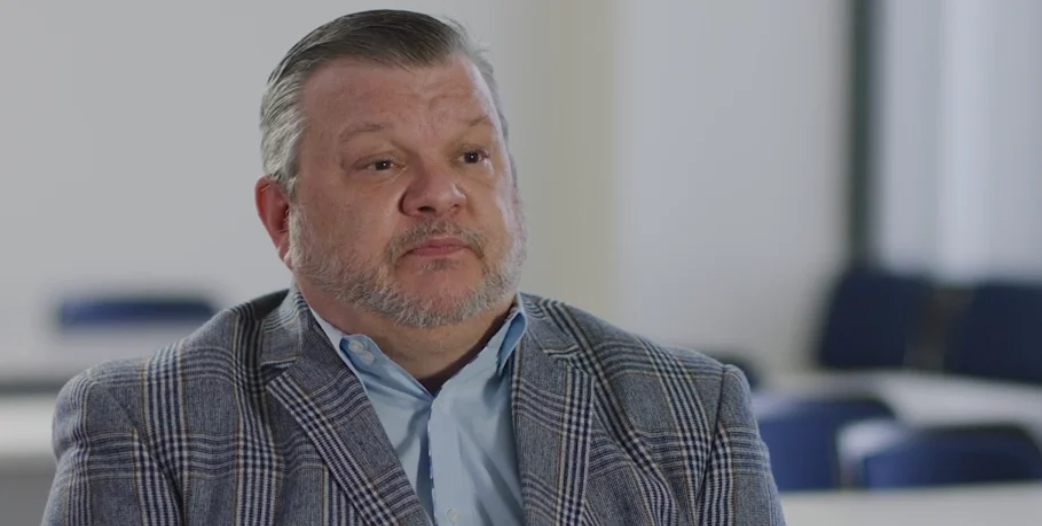
Sequential Intercept Mapping Process: Bringing Everyone to the Table
Sequential intercept mapping is a cross-system exercise to identify potential opportunities to divert people with mental illness and substance use disorders from the criminal justice system to treatment at five intercept points, from pre-arrest through reentry. It brings together community stakeholders to examine resources, needs, current efforts, and gaps. The process promotes stakeholder collaboration to identify solutions to address gaps and issues across all intercept points.
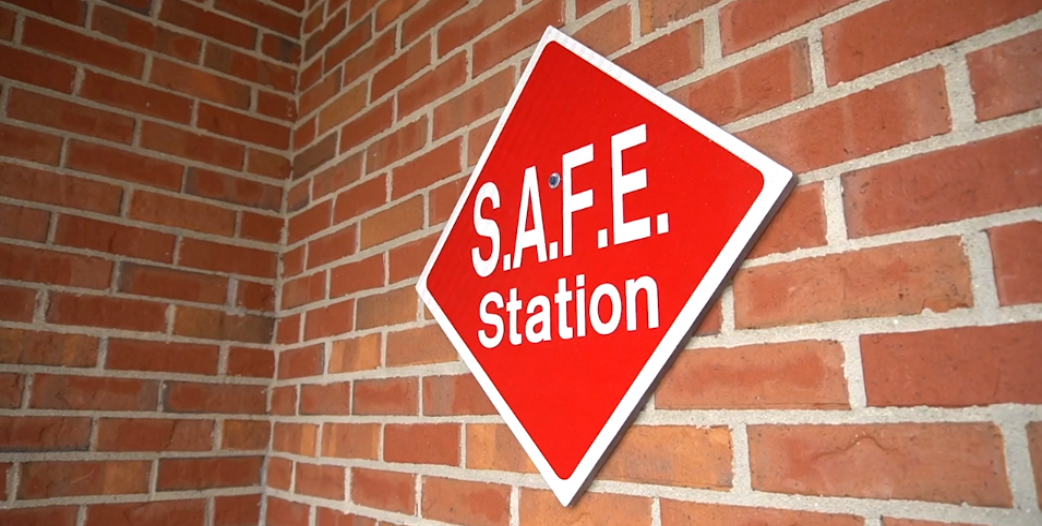
S.A.F.E. Station: A Successful Program Connecting Individuals in Crises to Assistance
The Stop Addiction for Everyone (S.A.F.E.) Station program is a collaborative effort among the Whitehall Division of Fire, the Whitehall Division of Police, the Heart of Ohio Family Health Center, and the Maryhaven Addiction Stabilization Center. The program provides a safe and discreet way to access treatment by facilitating treatment linkages and transport to individuals with substance use disorders.
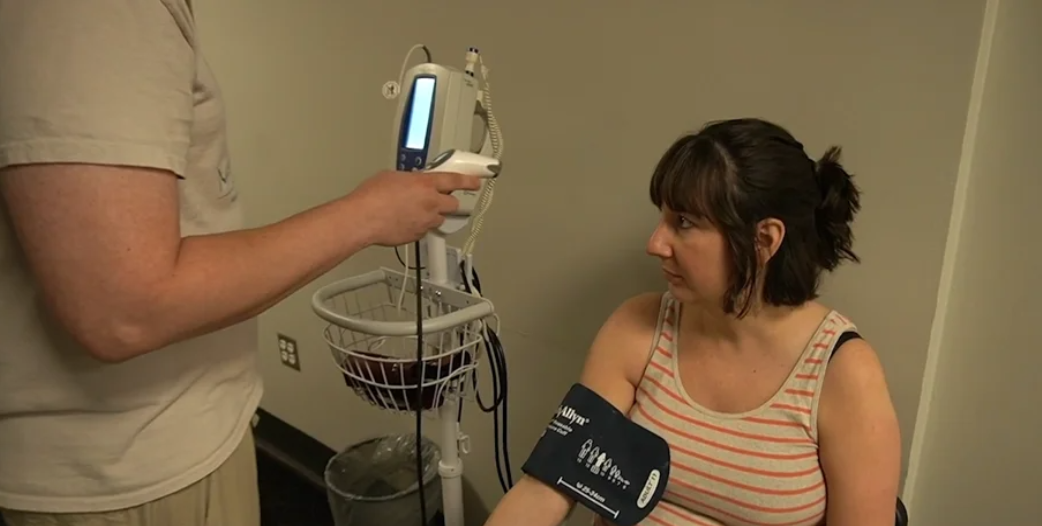
Maryhaven Addiction Stabilization Center: A Model Program Operating in the Heart of the Epidemic
The Maryhaven Addiction Stabilization Center (MASC) is a S.A.F.E. Station partner and was established as a direct outcome of the Franklin County Opiate Crisis Community Action Plan. MASC offers immediate care to stabilize people who overdose or seek treatment and opened as a first-of-its-kind effort to relieve the strain on hospital emergency departments, providing those with opioid use disorders quick access to treatment and recovery options, including subsequent long-term services.
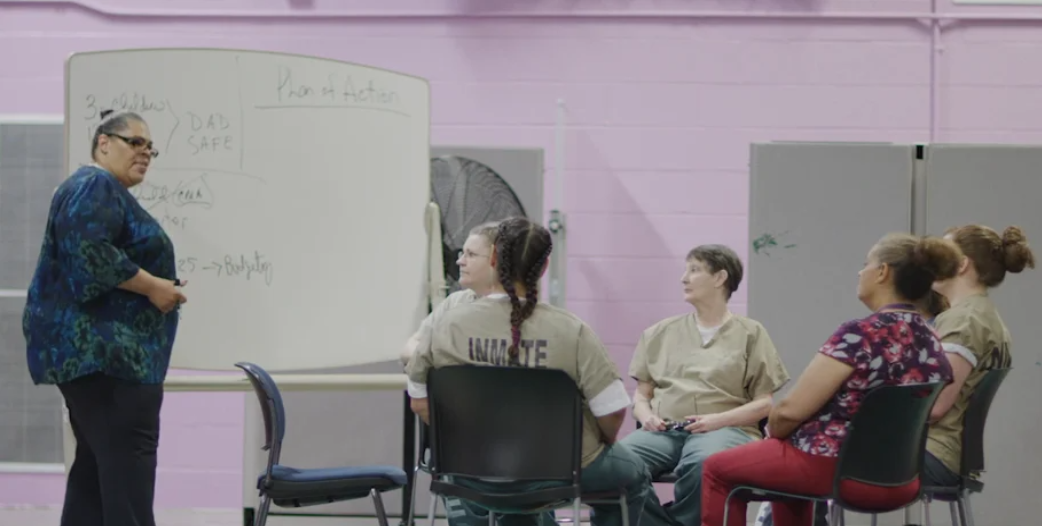
Pathways: A Community of Rebuilding
Pathways is a women’s program at the Franklin County Correctional Center II in Ohio. Pathways includes pre- and post-release programming. The pre-release program begins with an 8-week intensive curriculum blending cognitive behavioral therapy, recovery management, and a variety of prosocial activities.
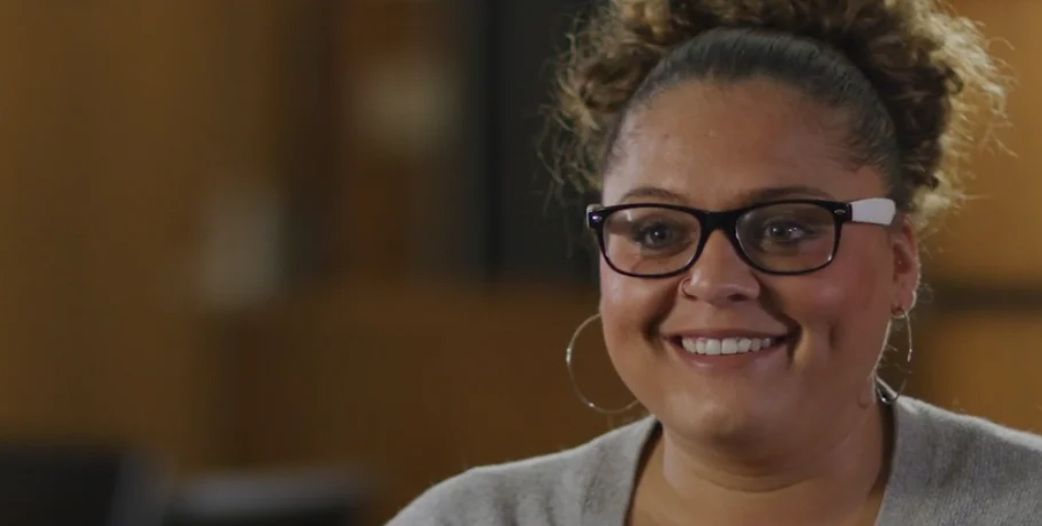
Medication-Assisted Treatment Program: A Collaborative Approach in Franklin County
The Franklin County Municipal Court Medication-Assisted Treatment (MAT) Program was established in July 2018 and is a voluntary program for individuals on probation (or those who will be on probation). MAT is used as an integral part of the Franklin County Municipal Court’s process, and a clinic is located inside the courthouse. Since the time of filming this virtual tour, the MAT program has expanded and is now known as the MAT Assessment, Research, Care, and Hope (MARCH) program.
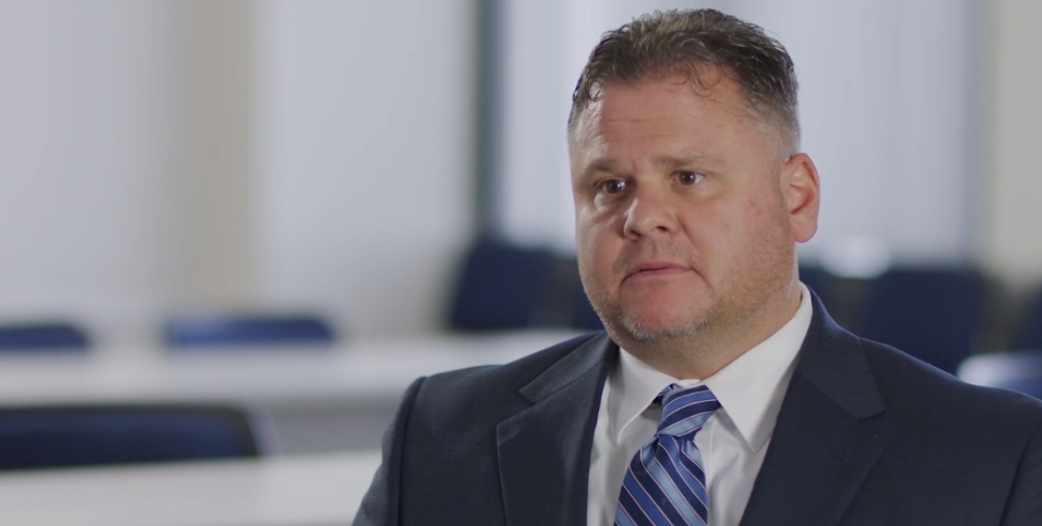
The Power of HOPE and ODMAP in Franklin County: Supporting Recovery, Saving Lives, Improving Public Safety
The Heroin Overdose Prevention and Education (HOPE) Task Force uses enforcement, education, and prevention to combat the heroin epidemic. Detectives treat opiate overdose scenes as crime scenes and investigate the source of the supply of drugs that caused an overdose. The HOPE Task Force collaborates with community providers and organizations to refer those with substance use disorders to treatment.


